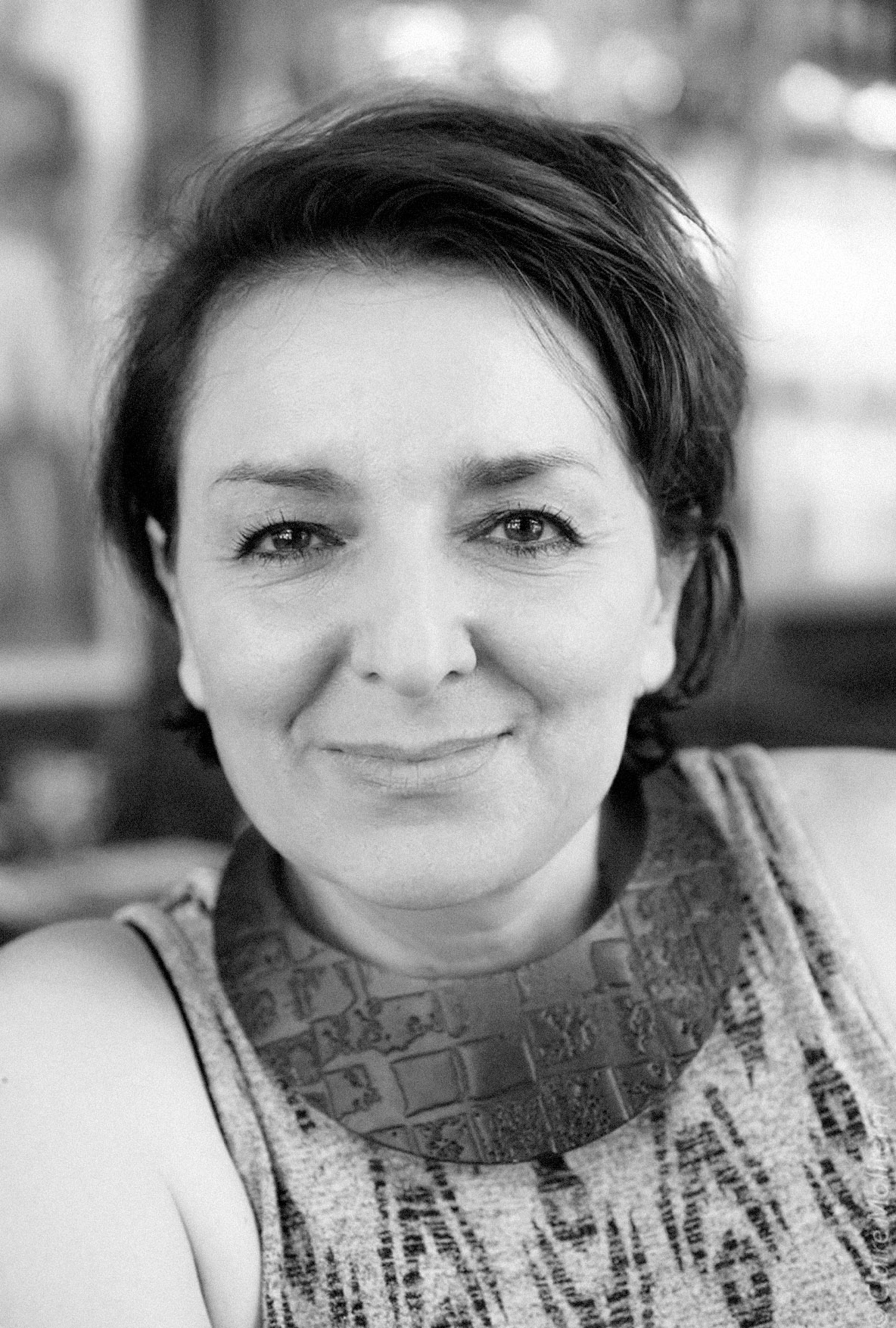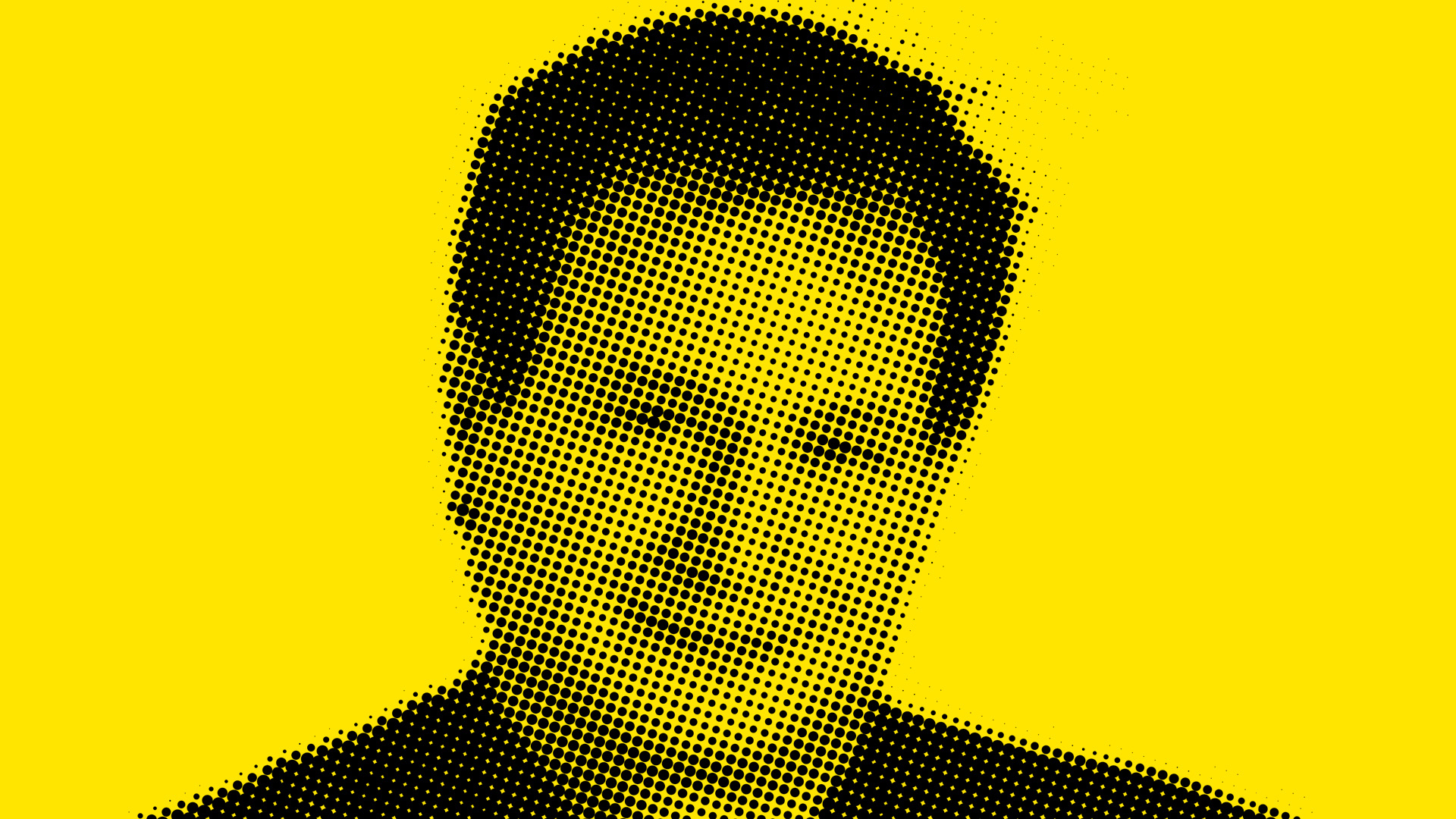
Eva Illouz, the famous Israeli sociologist, explains to Tomasz Stawiszyński how culture and our social lives shape our emotional lives, and the role played in all this by capitalism.
It’s late March and spring is in full bloom in Paris. On the bank of the Seine, the cathedral of Notre Dame stands proud in all her magnificence, unaware of the tragedy that will befall her within the month. The sun shines down on the streets and parks, wine is flowing, tourists fill the benches and crowd round café tables late into the night, their conversations and laughter echoing far and wide down the charming streets.
Lovers abound. Irrespective of age, colour and gender. At times, it seems that everyone here is holding hands. In the broadest configurations, conventional and unconventional. Well, Paris isn’t called the city of love for nothing.
“But where does that sobriquet actually come from?” I ask myself as I make my way to a meeting with Eva Illouz, the famous Israeli sociologist who has for many years studied love and, more generally, the emotional lives of the modern-day residents of Western culture. Where does the name come from, and is there really something special about this place? Is there some incredible magic that releases layers of feelings from within us; feelings that lie dormant in our everyday lives?
Anyway, anyone who wants to spend a romantic break in Paris or who wants to win their lover’s heart, can count on an infrastructure that has been perfectly adapted for all expressions of love. Cosy bars, snug hotels, intimate alleyways, cinemas, theatres. Whatever a soul in love could possibly desire. And of course that fantastic architecture… Obviously it’s expensive, but hey, these days nothing is for free. Even love demands investment.
Precisely – but what exactly came first? Love, or that fabulously-adapted infrastructure and menu of delights? The instinctive answer is obvious: love. But Eva Illouz thinks it’s quite the opposite. And in her seminal book Why Love Hurts, she demonstrates how modern capitalism (and, in particular, Parisian capitalism) creates our emotional lives to an enormous extent.
Tomasz Stawiszyński: We are used to thinking that our emotions are part of our individual psyches, something deeply intimate, located inside our heads. Also that the appropriate language to talk about them is psychology – which must be somehow rooted in our family life, family history – or neuroscience, which is focused on the study of our brains. But in your work, you suggest that emotions are something socially constructed; that they are a social phenomenon.
Eva Illouz: To tell a sociologist that something is socially constructed would be like telling a biologist that bodies are made of cells. Yes, absolutely. Emotions are constructed because we use language, words, signs to express what we feel and to understand others. And language is a supremely social institution. But, at the same time, I think that most of the time we are in what I would call emotional zones – not clear, definite emotions with clear definitions and contours, but emotional zones, ranges of feelings. There is a gap between language and experience, because language tends to privilege single words of emotions, and it tends to make us think that we feel one single emotion…
Like anger or love.
Yes, anger is mixed with fear or, for example, with shame. Thomas Scheff, the sociologist, has shown that a great deal of anger is actually underlined or triggered by unacknowledged shame. We are ashamed to be ashamed. So, in fact, our language is ill-equipped to capture the emotional range, as well as emotional ambiguity. We are, I believe, often ambiguous about what we feel. We can feel two conflicting things at the same time, but we’re trained both by language and our ideology to privilege only one element of this. The





